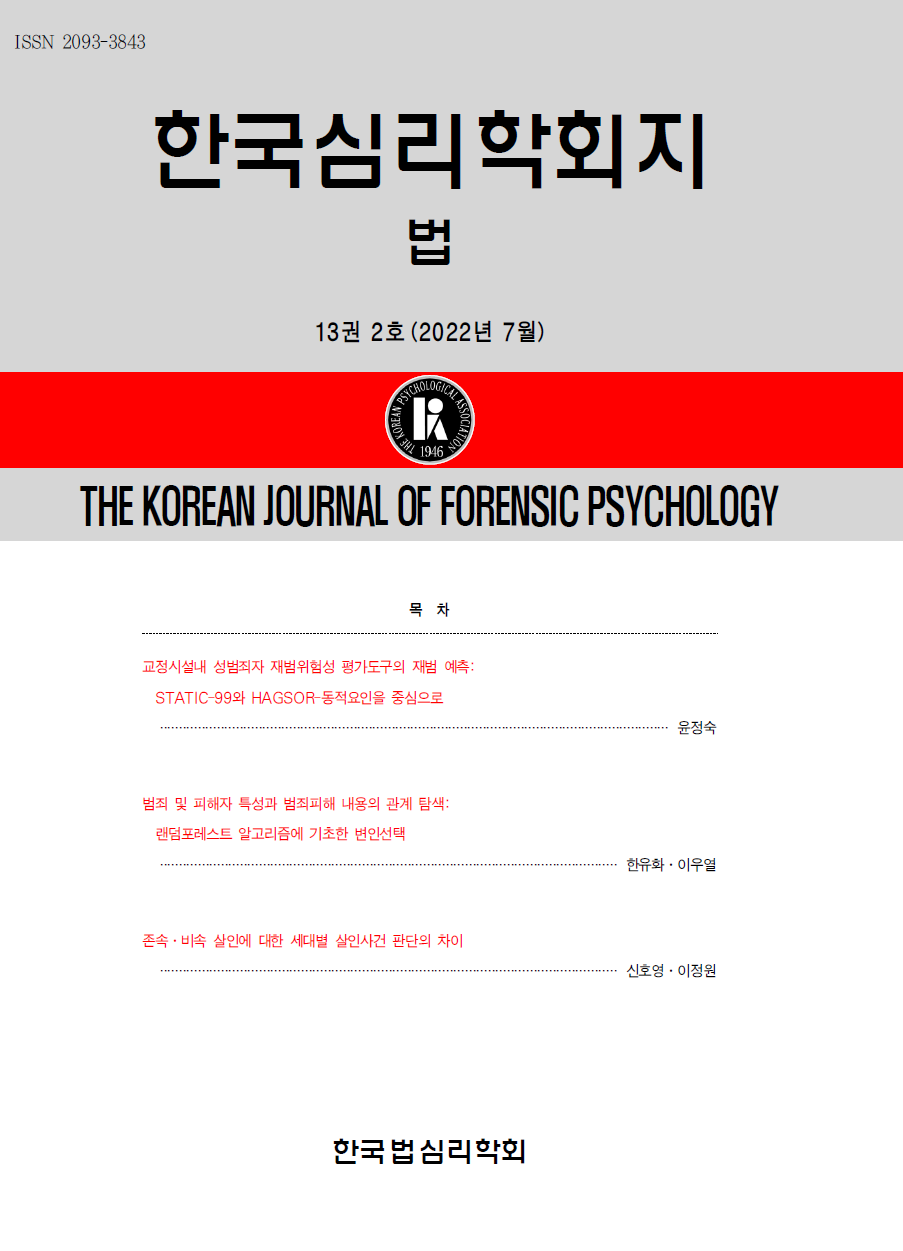 ISSN : 2093-3843
ISSN : 2093-3843
The present paper highlights by describing one highly specific type of white collar crimes, industrial secrets leakage, and how it is committed. Next, it attempts to discuss how to manipulate situational factors occurring in the immediate environment. As part of the answer, it explains SCP theory and why white collar crimes such as industrial secrets leakages are differentiated from ordinary street crimes. In doing so, it can be able to identify distinct characteristics of white collar crimes such as industrial secrets leakages that may be necessary to modify the situational crime prevention strategies to apply to white collar crime. In conclusion, the present paper discusses how we might apply interventions affecting the judgment of offenders. By doing so we might design a program to control it using ideas drawn from SCP theory.
Benson, M. L. & Simpson, S. S. (2009) White collar crime: An opportunity perspective. New York: Routledge.
Braithwaite, J. (2013) Corporate crime in the pharmaceutical industry. New York:Routledge.
Chun, Y. T. & Lee, J. L. (2013). “An analysis on the industrial technology leakage cases in South Korea”. International Journal of Business and Management Review, 1(2), 69-78.
Cohen, L. E. & Felson, M. (1979). Social Change and Crime Rate Trends: A routine activity approach. American Sociological Review, 44, 588-605.
Cornish, D. B. & Clarke, R. V. (2003). Opportunities, precipitators and criminal decisions: A reply to Wortley’s critique of situational crime prevention, Martha, J. S. and Cornish, D. B. (Ed.), Theory for Practice in Situational Crime Prevention. Monsey, NY:Criminal Justice Press, 41-96.
Edelhertz, H. (1983). White collar and professional crime: The challenge for the 1980s. American Behavioral Scientist, 27(1), 109-128.
Shapiro, S. P. (1990). Collaring the crime, not the criminal: Reconsidering the concept of white-collar crime. American Sociological Review, 55, 346-365.
Shapiro, S. P. (1984). Wayward capitalists: Target of the securities and exchange commission. New Haven: Yale University Press.
Sparraw, M. K. (1996). Health care fraud control:Understanding the challenge. Journal of Insurance Medicine, 28, 86-96.
Sutherland, E. H. (1983). White collar crime: The uncut version. New Haven: Yale University Press.
Wortley, R. (2001). A classification of techniques for controlling situational precipitators of crime. Security Journal, 14, 63-82.